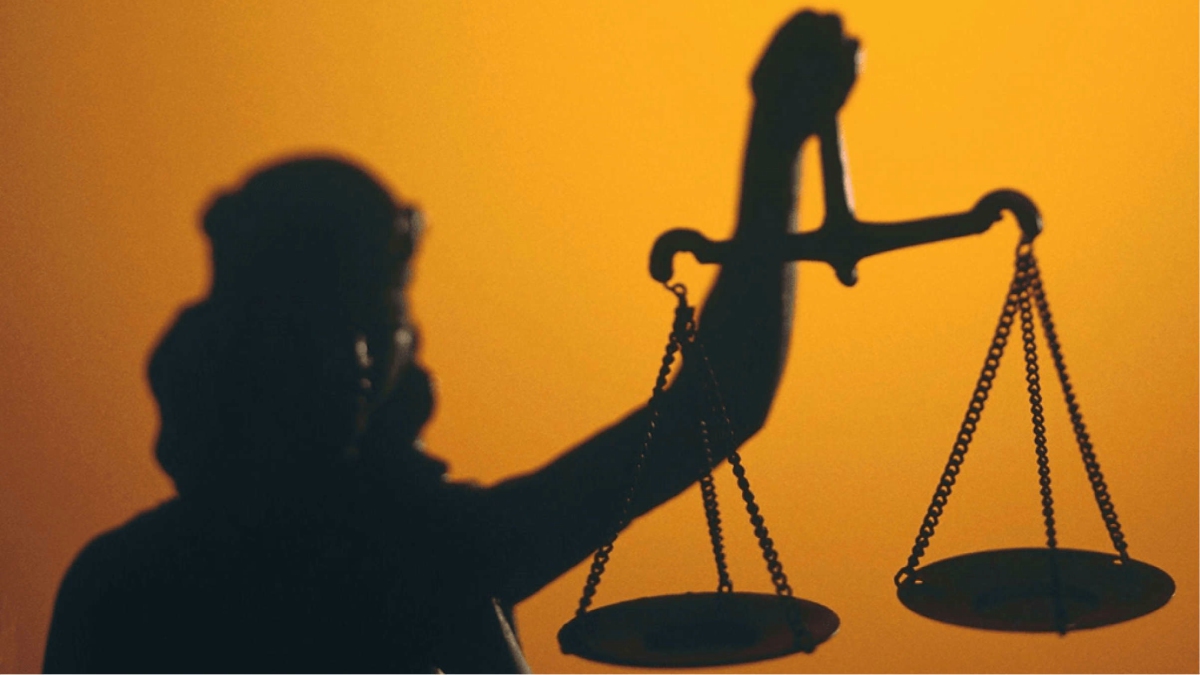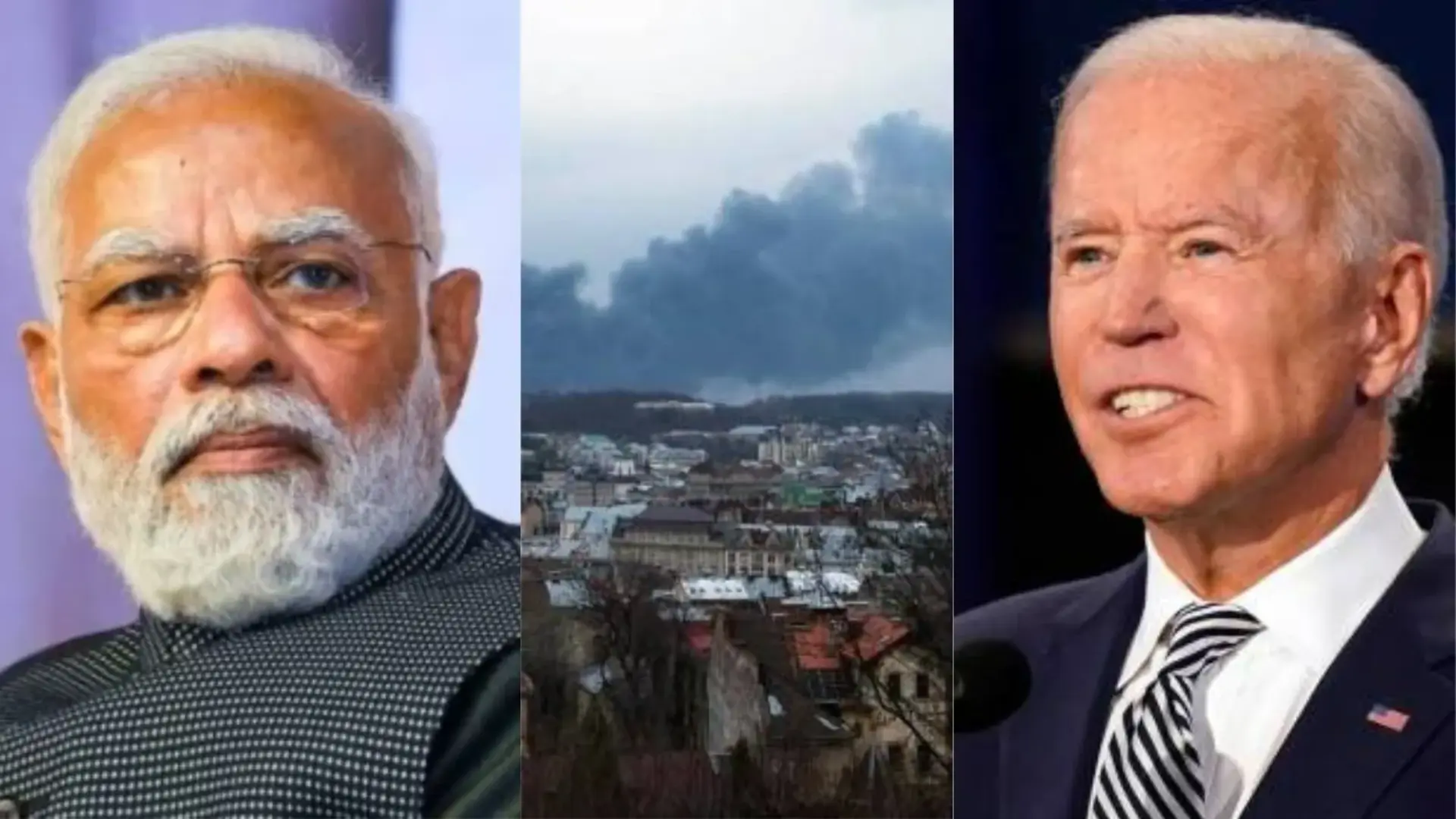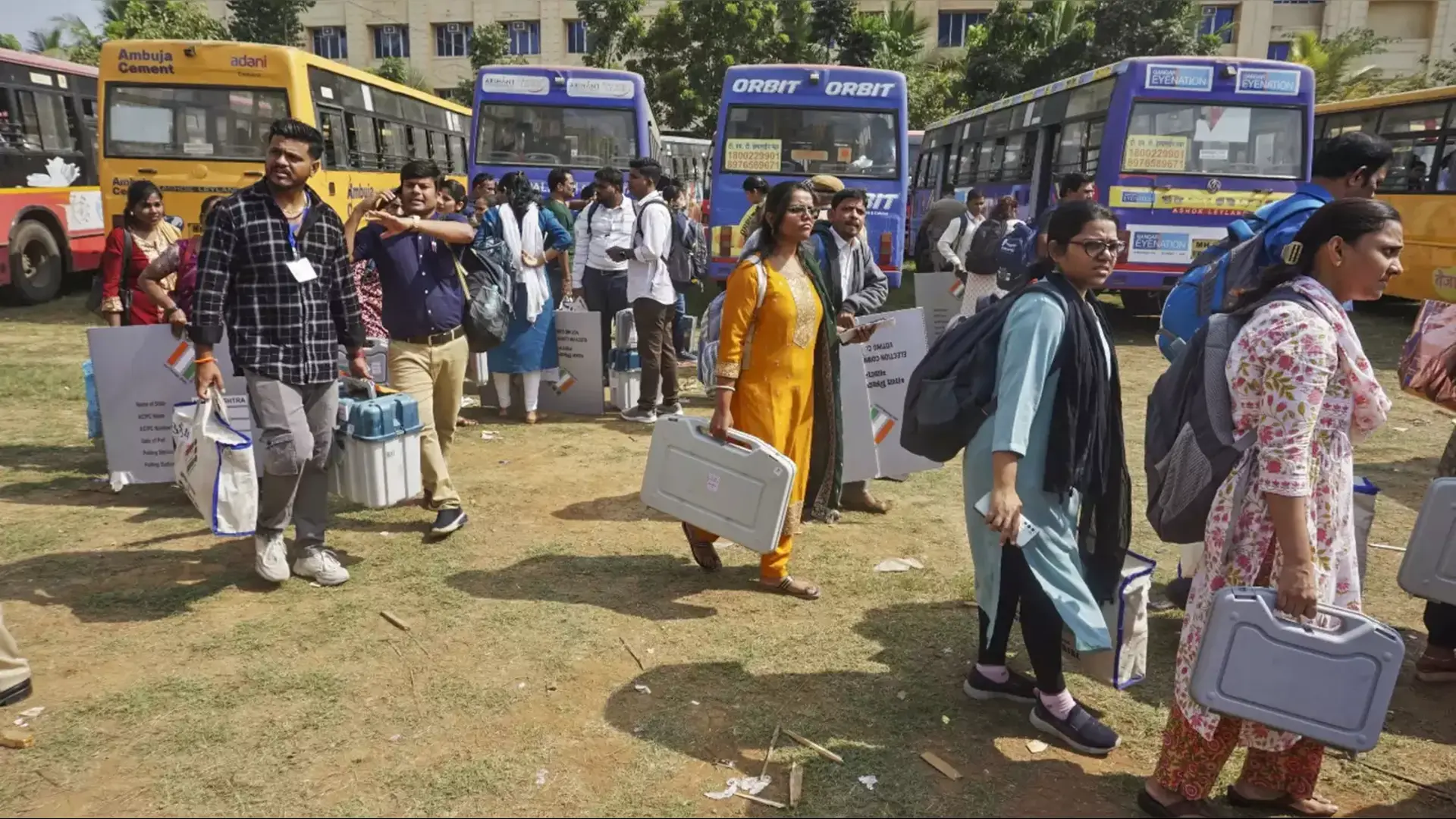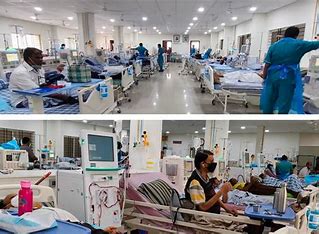
The term “investigation” means collection of evidence, Fair investigation is admittedly a human right ,which has been declared at several occasions by the Hon’ble supreme court that it falls within the ambit of article 21 of the constitution of India, the time when the crime is committed and until it reaches the Hon’ble supreme court the journey is so long that during the journey at several stages several agencies and stake holders participate and do investigation ,thus the fair investigation is a persuader to a fair trial.
The Hon’ble Supreme Court of India at various occasions has reiterated the imperative necessity of fair investigation and trial in this article an analysis is made out based on the various judgments of the courts regarding the importance of the fair investigation.
In the case of Babu Bhai vs. State of Gujarat (2010), the Supreme Court stated as follows: “Not only fair trial but fair investigation is also part of constitutional rights guaranteed under Articles 20 and 21 of the Constitution of India. Therefore, investigation must be fair, transparent and judicious as it is the minimum requirement of rule of law. The investigating agency cannot be permitted to conduct an investigation in a tainted and biased manner. Where non-interference of the court would ultimately result in failure of justice, the court must interfere. In such a situation, it may be in the interest of justice that independent agency chosen by the High Court makes a fresh investigation”
Fair investigation comprises of several components which include honesty and competence. The Collection of proper evidence in the context of the nature of the criminal case before the investigation agency is one of the foremost important component of a fait investigation. The collection of scientific evidences and the statements of experts based on the type of the matter is also a very important component.
WHAT IS INVESTIGATION?
In the black’s law dictionary invest means to supply with authority or power, and Investigate means to inquire into (a matter) systematically. An Investigation is an enquiry into the process and circumstances surrounding an allegation or incident.
Investigation “is a term defined under Section 2 (h) of the Cr.P.C in the following terms:
“investigation” includes all the proceedings under this Code for the collection of evidence conducted by a police officer or by any person (other than a Magistrate) who is authorised by a Magistrate in this behalf.
Investigation includes search for material evidences and facts in order to find out whether or not an offence has been committed by the accused or not. It includes all the proceedings under the Code of Criminal Procedure for the collection of evidence by the police officer or any person who is authorized by the magistrate.
IMPORTANCE OF INVESTIGATION
Investigation being the proper strategy of finding of the statistical data points of the wrongdoing close by is basically essential to discover what precisely comprised the wrongdoing. It conceals the entire cycle from crafted by agent to that of criminological master.
Investigation incorporates numerous things some of them are as such : (1) on the spot working of the researching staff. (2)investigating the confirmations and conditions of the wrongdoing spot. (3)arrest of the guilty party or the prime suspect of the wrongdoing. (4)Investigation in regard of offenses under the Indian Penal Code ought to be as per the provisions of the Code of Criminal Procedure, Part 12 provides with the beginning of investigation and the means needed to be taken when data is gotten by the police. The fundamental and earlier goal of each investigation is to gather all the important material by the police in regard to commission of offenses and on fulfilment of investigation.
For example, for a situation of homicide where the attackers are obscure and there is no immediate proof (onlooker account), assortment of DNA proof from the wrongdoing spot and the body of the casualty would be attractive as well as an objective. Thus, for a situation of assault where the examiner can’t recognize the charged because of haziness or having been blindfolded and so on., assortment of DNA proof would be an objective.
As and when the suspects are distinguished, their DNA when coordinated with the DNA from the wrongdoing spot and the casualty would set up their quality at the location of wrongdoing. Then again, if the DNA doesn’t coordinate, it would be a fit case for expulsion of doubt from the top of the suspect. Consequently, assortment of DNA proof is similarly significant from the viewpoint of the arraignment just as the blamed. Thus, assortment of DNA proof, in fitting cases can be supposed to be in consistence with Article 21.
Section 53A was embedded into the Code of Criminal Procedure, 1973, in the year 2006 which accommodates assortment of DNA proof and DNA profiling and the investigation organization has been vested with the ability to utilize such power as is sensibly important for the said reason.
Shockingly, Section 53A is a terribly underused arrangement of law about which a larger part of the investigation officials the nation over would be unconscious of. The equivalent would be the situation with senior cops. Attention to Section 53A should be spread over the police headquarters in the nation.
The Hon’ble Supreme Court of India in AIR 1964 SC 221, State of Uttar Pradesh vs. Bhagwant Kishore Joshi at para 17 of the judgement has said as follows:-
“Investigation, in substance, means collection of evidence relating to the commission of the offence. The Investigating Officer is, for this purpose, entitled to question persons who, in this opinion, are able to throw light on the offence which has been committed and is likewise entitled to question the suspect and is entitled to reduce the statements of persons questioned by him to writing. He is also entitled to search the place of the offence and to search other places with the object of seizing articles connected with the offence. No doubt, for this purpose he has to proceed to the spot where the offence was committed and do various other things. But the main object of investigation being to bring home the offence to the offender the essential part of the duties of an investigating officer in this connection is, apart from arresting the offender, to collect all material necessary for establishing the accusation against the offender. Merely making some preliminary enquire upon receipt of information from an anonymous source or a source of doubtful reliability for checking up the correctness of the information does not amount to collection of evidence and so cannot be regarded as investigation”
In the considered opinion of the court, although an accused would have no right of hearing, however, a duty is cast on the investigating agency to conduct fair and impartial investigation. If the investigator receives relevant information in regard to the facts of a case under investigation, be it from the complainant informant, a witness or even the accused, a duty is cast on the said investigating officer to investigate that aspect. In case the investigation is select and one sided, the truth cannot be unearthed. If facts or some evidence/material is brought to the notice of the investigator, on consideration of which it can be demonstrated that the accused is not connected with commission of the crime, surely in such cases, the investigating agency would be obliged to investigate that aspect, in the interest of fair play and purity of administration of criminal justice. For this purpose, the information given by the accused cannot be ignored on the analogy that he has no right to be heard.
The judgement rendered by the Hon’ble Supreme Court in Ram Lal Narang’s case(supra), also indicates that in the case of an alibi the investigation agency has to look properly and verify the genuiness of the matter so that the unnecessarily the matter would not result in wastage of the time of the courts and also safeguard the rights of a person pleading for a alibi.
The right of a complainant is precious, in so far he is a victim of crime. However, in case an innocent person is subjected to investigation, and consequent prosecution and trial, not only his life but also the life of his family is adversely affected. His social standing is diminished, because the trial is protracted and all through, that person is an “accused”. For all these reasons an investigation is required to be proper, fair, unbiased, effective, systematic, and objectively reasoned. The investigating agency is required to be conscious of the fact throughout the investigation that at the stage of investigation, an ‘accused is merely a suspect’. In case the investigation is not as expected in law, administration of criminal justice becomes the victim and the affected person is constrained on approaching a court of law.
RIGHTS OF ACCUSED IN AN INVESTIGATION
In Nirmal Singh Kehlon vs. State of Punjab (2009), the Supreme Court said: “An accused is entitled to a fair investigation. Fair investigation and fair trial are concomitant to preservation of fundamental right of an accused under Article 21 of the Constitution of India. But the State has a larger obligation i.e. to maintain law and order, public order and preservation of peace and harmony in the society. A victim of a crime, thus, is equally entitled to a fair investigation.”
When the investigation is going on, suppose a person find that investigation is not going in right direction at that stage also there is a scope nowadays for judicial interference, for e.g. there is a counter case and the same is not being investigated then also there is section 482 before HC, the supreme court has said that how a police officer should be fair enough to investigate both case fairly,
The recent development has been made under section 156(3) Cr.P.C. the magistrate has been empowered to direct to register a case in case of a counter blast.
In the famous case of Sakiri Vasu the Court has laid down the principles based on which an accused can approach the court ,it has also been observed that the writs filed by the accused directly before the high court should not be entertained as the alternate remedy lies within the ambit of magistrates who can always call for report from the investigating agency regarding the development made in hearing the side of a accused person.
There are regulations which provides the provisions to hear the side of accused also for e.g. in the State of Uttar Pradesh,
As per, Regulation 107 of U.P. Police Regulations
“An investigating officer is not to regard himself as a mere clerk for the recording of statements. It is his duty to observe and to infer. In every case he must use his own expert observations of the scene of the offence and of the general circumstances to check the evidence of witnesses, and in cases in which the culprits are unknown to determine the direction in which he shall look for them. He must study the methods of local offenders who are known to the police with a view to recognising their handiwork, and he must be on his guard against accepting the suspicions of witness and complainants when they conflict with obvious inferences from facts. He must remember that it is his duty to find out the truth and not merely to obtain convictions. He must not prematurely commit himself to any view of the facts for or against any person and though he need not go out of his way to hunt a evidence for the defence in a case in which he has satisfactory grounds for believing that an accused person is guilty, he must always give accused persons an opportunity of producing defence evidence before him, and must consider such evidence carefully if produced. Burglary investigations should be conducted in accordance with the special orders on the subject.”
As per the Regulation even the plea of the accused is required to be considered in the interest of fair investigation.
Recently, on 5th Aug 2020, the Supreme Court of India, in the case of Gangadhar v. State of Madhya Pradesh consisting a bench of Justice R.F. Nariman and Justice Navin Sinha acquitted the man accused in possession of 48Kgs 200gms of ganja(Cannabis) and held that Right to fair Investigation is a Right to Fair Trial guaranteed to accused under Article 21 of the Constitution of India.
THE APPROACH OF JUDICIARY IN FAULTY OR DEFECTIVE INVESTIGATION
There has been a change in the approach adopted by the courts in cases of faulty investigation or defective investigation. The Supreme Court in many cases has held that cases where faulty investigation is evident, those cases should be sensitively dealt by the courts. As per the Supreme Court now, evidence is required to be appreciated having regard to the background of the entire case and not in isolation. The view should be based on the ground reality. Thus it should also be kept in mind that every defective or faulty investigation does not lead to acquittal. In defective investigation, the only requirement is of extra caution by the courts while evaluating evidence.
Moreover, defective investigation cannot be considered a cause disapproving the important evidence. The Apex Court also stated in serious cases such as murder, a defective investigation itself cannot be a ground for acquittal. The same approach has also been adopted by the court in cases where investigation was not fool-proof.
The Court in the famous case of Zahira Habibullah Sheikh v. State of Gujarat stated the point that if “primacy is given to designed or negligent investigation, to the omission or lapses by the perfunctory investigation or omissions, the faith and the confidence of the people would be shaken not only in the law enforcing agency but also the administration of justice”
Thus, in the cases of a defective or faulty investigation, the court has to be observant in evaluating the evidence and may have to adopt an active and analytical role to ensure that truth is found by having recourse to Sec. 311 of Cr.P.C or at a later stage also restoring to Sec. 391 of Cr.P.C , instead of giving baseless decisions.
CONCLUSION
The main aim of the investigation in criminal justice system is to search for the truth so that it would help in meeting ends of justice by the way of a fair trial in courts. As a result the whole Criminal Justice System is based on the investigation system because if there is no fair, proper and speedy investigation in criminal cases then the probability of acquittal of criminals and the probability of conviction of innocent will increase which will hamper the trust of people in the criminal justice system. Improper Investigation creates a pavement to Unfair Judgment,As we all know that in any case investigation plays a major role because through investigation the court came into the position of understanding the real facts and the situations and also because of same it is able to measure the depth of the crime. By the way of proper and fair investigation the real facts and evidences are being accumulated because of which court is able to give its decision and in result of which guilty is being convicted but in the case of an improper investigation and if there is any lack or delay in the investigating procedures it will result in the loss of evidence and the investigating team will not be able to collect the sufficient evidence from the crime scene because offender will easily be acquitted and crime rate will remain the same in society. Just because of the defect in investigation procedure the innocents and the victims never get justice and accused gets acquitted after committing the crime. The utmost important point which has to be kept in mind that only the fair investigation will lead to the fair judgement, Thus in my opinion the judicial interference in investigation is also very important, because of the judicial interference only the investigation agencies have become more cautious in conducting the investigations and the conscience of criminal justice system is safeguarded by them.















